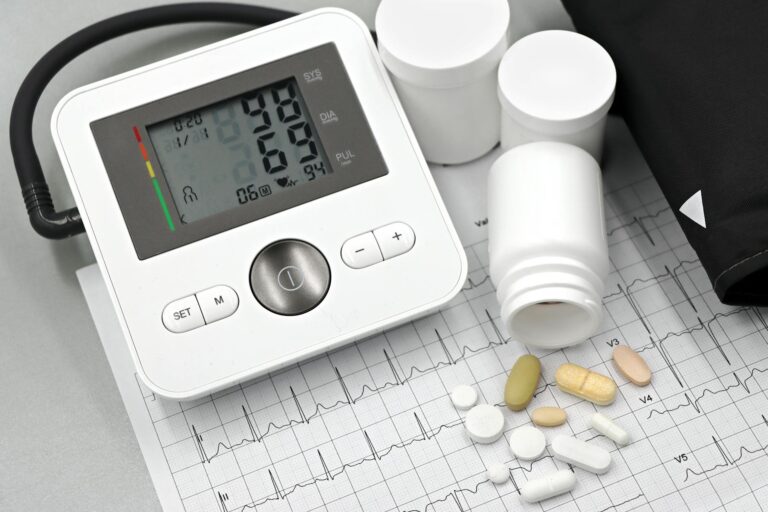Mild small vessel ischemic disease, also known as small vessel disease (SVD), is a common condition that affects the small blood vessels in the brain. It is a form of cerebrovascular disease that involves damage to the small blood vessels, which can lead to reduced blood flow and oxygen supply to certain areas of the brain. This can cause a range of symptoms, from mild cognitive changes to more serious strokes.
To understand what mild small vessel ischemic disease is, it is important to first understand how the brain works. The brain is a complex organ that controls our body’s functions and allows us to think, feel, and move. It requires a constant supply of oxygen and nutrients to function properly. This supply is carried by blood vessels, which range in size from large arteries to tiny capillaries. The smallest of these vessels are called small vessels, and they play a crucial role in maintaining healthy brain function.
In mild small vessel ischemic disease, these small vessels become damaged, narrowed, or blocked. This can occur due to various factors such as high blood pressure, diabetes, smoking, high cholesterol levels, and aging. As a result, the blood flow to certain areas of the brain is reduced, which can affect the brain’s ability to perform its functions effectively.
Symptoms of mild small vessel ischemic disease can vary depending on the location and severity of the affected vessels. In some cases, there may be no noticeable symptoms, while in others, symptoms may be more pronounced and can include:
1. Cognitive changes: Mild small vessel ischemic disease can affect cognitive function, leading to problems with memory, concentration, and decision-making abilities. These changes may be subtle at first but can progress over time.
2. Motor impairment: When the small vessels in the brain are damaged or blocked, it can cause problems with movement and coordination. This can lead to issues with balance, walking difficulties, and trouble with fine motor skills.
3. Trouble speaking or understanding language: Damage to the small vessels in the brain can also affect language abilities, making it difficult to speak or understand words.
4. Headaches: Some people with mild small vessel ischemic disease may experience headaches, which can range from mild to severe.
5. Mood changes: As the brain is responsible for regulating our emotions, damage to the small vessels can lead to changes in mood, including depression and anxiety.
If left untreated, mild small vessel ischemic disease can progress and cause more severe symptoms, such as recurrent strokes, dementia, and disability. It is, therefore, important to seek medical attention if you experience any of the above symptoms.
Diagnosis of mild small vessel ischemic disease is often made through a combination of medical history, physical examination, and imaging tests such as an MRI or CT scan. These tests can show any damage or blockages in the small vessels of the brain.
Treatment for mild small vessel ischemic disease focuses on managing risk factors and preventing further damage to the brain. This may include lifestyle changes like quitting smoking, managing blood pressure and diabetes, and making dietary changes to reduce cholesterol levels. In some cases, medication may also be prescribed to improve blood flow and prevent blood clots.
In addition to medical treatment, there are also lifestyle changes that can help manage mild small vessel ischemic disease. Regular exercise, a healthy diet, and managing stress can all contribute to better overall brain health. It is also important to follow any prescribed medication regimen and attend regular check-ups to monitor the condition.
In conclusion, mild small vessel ischemic disease is a common condition that affects the small blood vessels in the brain and can lead to a range of symptoms from mild cognitive changes to more serious strokes. It is important to recognize the symptoms and seek medical attention for proper diagnosis and treatment. By managing risk factors and making healthy lifestyle choices, it is possible to slow down the progression of this condition and maintain good brain health.





